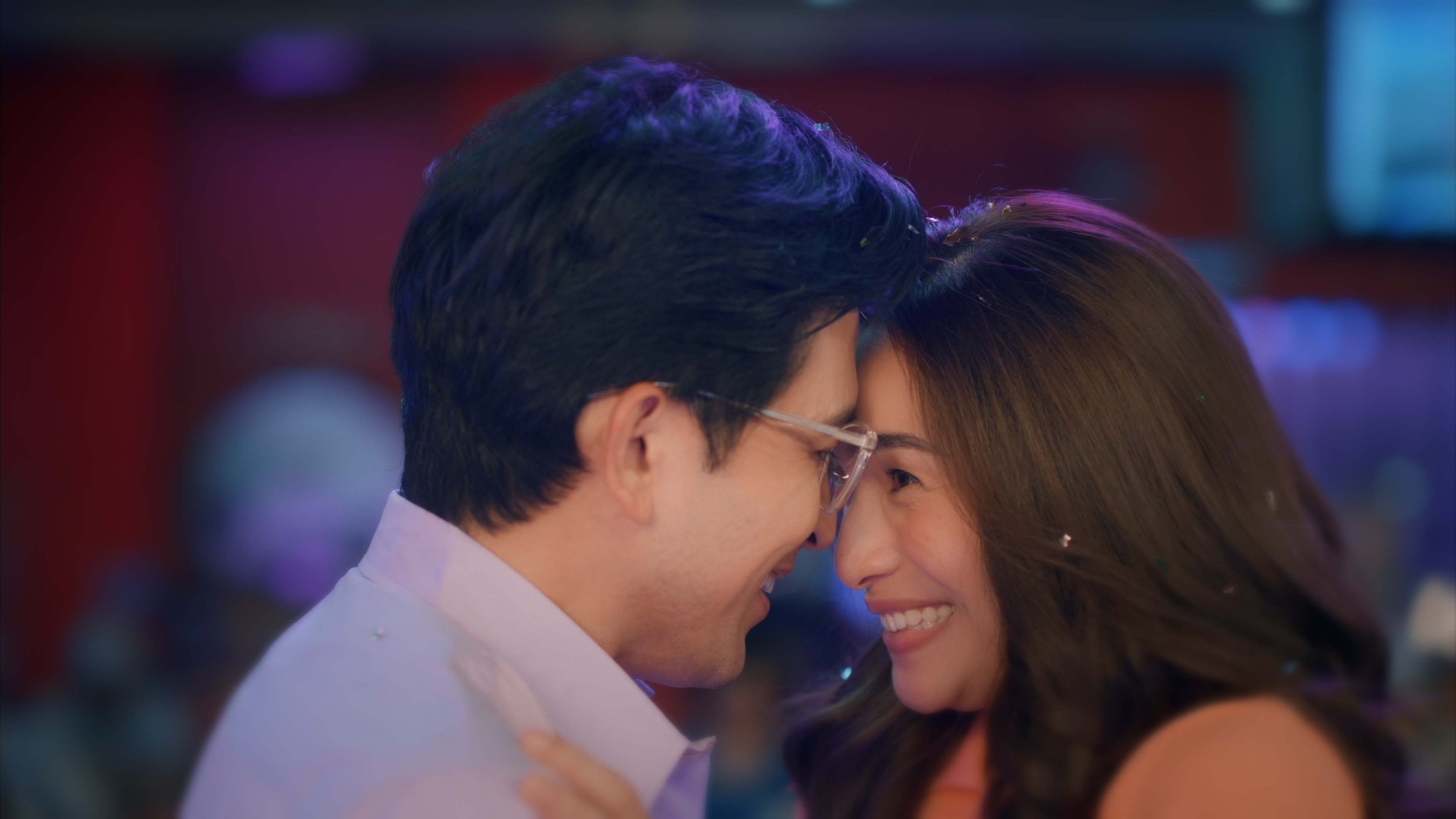‘The Souvenir: Part II’ REVIEW: Filmmaking as a creative outlet for grief
‘The Souvenir: Part II’ REVIEW: Filmmaking as a creative outlet for grief
Joanna Hogg is back and has written a follow-up to her critically praised film The Souvenir. Where Part I is a meandering film about the tumultuous and doomed romance with a manipulative man and the exploration of why we become attached to things is because of the creativeness and feelings they may evoke within; The Souvenir: Part II went with a more surrealist approach and goes further and manages to elevate every element that was already perfect in Part I. A profound intimate meta-piece drawn from the director’s youth that never shies away from being sensitive pulling the audience all near to the story of the lead character.
The Souvenir: Part II opens right after the ending of the first film, with Julie’s renewed passion for artistic truth, leading her to make a film about her own life. It has a more lighthearted and breezy tone with much better soundtrack and scoring compared to Part I; the sequel appears to be broader, more compelling, and a perfect companion piece in understanding how much creativity can transcend trauma—which seems to be the impetus behind the creation of this fantastic diptych-like of a film. It's bold, liberated, and sincere that when paired with Part I, is something of a tour de force.
Joanna Hogg cleverly ties her own filmography into the film, taking viewers on a journey through her own growth as a filmmaker. She portrays character and develops it in a way that makes you reflect on a lot of issues, and the introspection that Hogg achieves through the deconstruction of her film was quite fascinating to say the least. The way she conveys the nuances and complexities of making a film, rather than focusing on the significant and key moments, she takes a strong interest in the most pragmatic and practical parts of filmmaking, from the challenges of pitching a script to funding a film and managing a whole crew under stress and essentially making a very personal film that stays true to your vision. The Souvenir: Part II really epitomizes the best of filmmaking.
Hogg uses Julie’s character to highlight the issues of reconstructing one's own experiences through film, as well as the pain and sadness of having tried to creatively channel the feeling of grief. She ventures on a path of introspection, and revisits her traumas in what is perhaps her most meta work to date. This is a film that shows how one can use filmmaking as an outlet for grief. Hogg’s meta-cinema exercise probably reaches its maximum expression in the third act of the film when Julie's grad film is finally presented, in an already surreal atmosphere the film becomes a psychedelic and mythical reconstruction of her impassioned romance with Anthony, his addiction, and his inescapable death. Beautiful, gloomy, and a blend of her own youthful obsessions and her current experiences in real life, the film becomes infinitely superior to the first part.
The Souvenir: Part II ignites everything in its journey, with just enough subtleties for the audience to be drifted away with a heroine, a galvanizing writer, who elevates her voice for women in reverie, melding the procure expression of mourning and sorrow, all in this breathtaking baroque-esque setting. Julie emancipates herself from all the suffering she has fostered, all the money she has borrowed, and all the love she has squandered, but with the intention of turning it all into a noble and ambitious effort, Julie has been renewed from the remnants, and Joanna Hogg's memoir of her youth, specially her filmmaking, deserves to be discovered and rediscovered, beginning with this duology film about her life and her surreal sense of the female portrait.
Part II not only completes the arc of Julie but also complements Part I, with a combination of exquisite and raw performances that soars to such heights that an admittedly esoteric plot resounds with such pathos. It’s a film with a vastness and multitude of layers of emotions and sensations, making it a unique, particular journey for each and one of the audiences. I think it is fair to say that Joanna Hogg has fully embraced her art and her excellence as an auteur. In all of its grandeur, The Souvenir: Part II exemplifies what filmmaking and cinema is truly about: a deep introspection that entices and uncovers the seeming confines of grief and sorrow on screen. Cinema liberates and immortalizes life, and in the hands of a skilled director, it transforms the process of catharsis and emancipation into a lyrical journey, of love not only for cinema, but essentially for life.













